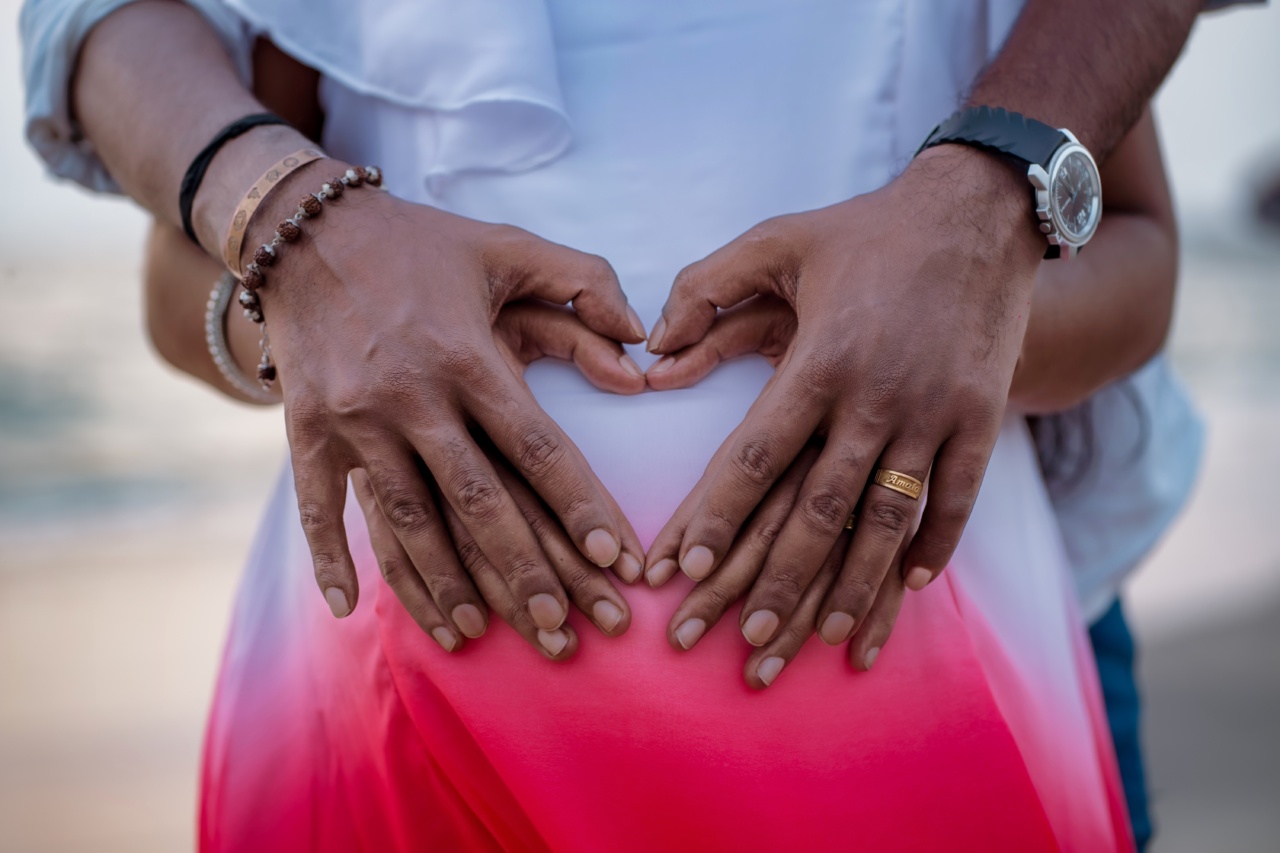Iron deficiency anemia is the most common type of anemia worldwide, and it is especially prevalent in pregnant women.
According to the World Health Organization (WHO), about 35% of pregnant women worldwide have anemia, and about half of those cases are due to iron deficiency.
Iron is essential for the production of hemoglobin, which carries oxygen throughout the body. During pregnancy, a woman’s body requires extra iron to support the growing fetus and to maintain her own blood volume.
If a woman does not consume enough iron, she may become anemic.
Causes of Iron Deficiency Anemia During Pregnancy
There are several factors that can contribute to iron deficiency anemia during pregnancy:.
Inadequate Iron Intake
Iron deficiency anemia can occur if a woman does not consume enough iron in her diet. The recommended daily intake for pregnant women is 27 milligrams (mg) of iron per day.
Good dietary sources of iron include red meat, poultry, fish, beans, lentils, tofu, fortified cereals, and dark leafy greens.
Increased Iron Needs
Pregnant women require more iron than non-pregnant women due to the increased blood volume and the needs of the growing fetus. The demand for iron is highest during the second and third trimesters of pregnancy.
If a woman does not consume enough iron to meet these increased needs, she may become anemic.
Blood Loss During Childbirth
Blood loss during childbirth can result in a significant decrease in a woman’s iron stores. This can lead to iron deficiency anemia in the weeks and months following delivery.
Gastrointestinal Bleeding
In rare cases, gastrointestinal bleeding can lead to iron deficiency anemia during pregnancy. This may be caused by conditions such as ulcers, polyps, or colon cancer.
Symptoms of Iron Deficiency Anemia During Pregnancy
The symptoms of iron deficiency anemia can be similar to those of pregnancy itself, such as fatigue, shortness of breath, and dizziness. However, there are several additional symptoms that may indicate anemia:.
- Pale skin and mucous membranes
- Weakness
- Irritability
- Poor appetite
- Headache
- Increased heart rate
- Difficulty concentrating
- Increased susceptibility to infection
If a pregnant woman experiences any of these symptoms, she should speak with her healthcare provider about the possibility of iron deficiency anemia.
Treatment of Iron Deficiency Anemia During Pregnancy
The treatment of iron deficiency anemia during pregnancy typically involves increasing iron intake, either through diet or supplements. In some cases, a woman may require intravenous iron therapy if her anemia is severe.
Dietary Changes
A pregnant woman can increase her intake of iron-rich foods to help prevent and treat anemia. Good dietary sources of iron include:.
- Red meat
- Poultry
- Fish
- Beans and lentils
- Tofu
- Fortified cereals
- Dark leafy greens
A woman can also increase the absorption of iron from her diet by consuming foods high in vitamin C, such as citrus fruits, berries, spinach, and broccoli.
Iron Supplements
If a woman is unable to consume enough iron through her diet, her healthcare provider may recommend an iron supplement.
Iron supplements are typically taken in the form of ferrous sulfate, and they can cause digestive side effects such as constipation and nausea. To minimize these side effects, a woman should take her iron supplement with food, avoid taking it at the same time as calcium or antacids, and start with a low dose and gradually increase as tolerated.
Intravenous Iron Therapy
In severe cases of iron deficiency anemia, a woman may require intravenous iron therapy, which involves the administration of iron through a vein.
This treatment is typically reserved for women who cannot tolerate oral iron supplements or whose anemia is not responding to oral iron therapy.
Prevention of Iron Deficiency Anemia During Pregnancy
The best way to prevent iron deficiency anemia during pregnancy is to ensure adequate iron intake. This can be achieved through a combination of dietary changes and iron supplements, if necessary.
It is important for pregnant women to consume a variety of iron-rich foods throughout the day, as the absorption of iron from plant sources can be improved by consuming vitamin C-rich foods at the same time.
Pregnant women should also avoid consuming calcium supplements or antacids at the same time as their iron supplement, as these can interfere with iron absorption.
If a woman has a history of anemia or other risk factors for iron deficiency, her healthcare provider may recommend iron supplements starting in the first trimester of pregnancy.
Conclusion
Iron deficiency anemia is a common concern during pregnancy, but it can be easily prevented and treated with adequate iron intake.
Pregnant women should consume a variety of iron-rich foods and consider iron supplements if necessary, while avoiding factors that can interfere with iron absorption.




























